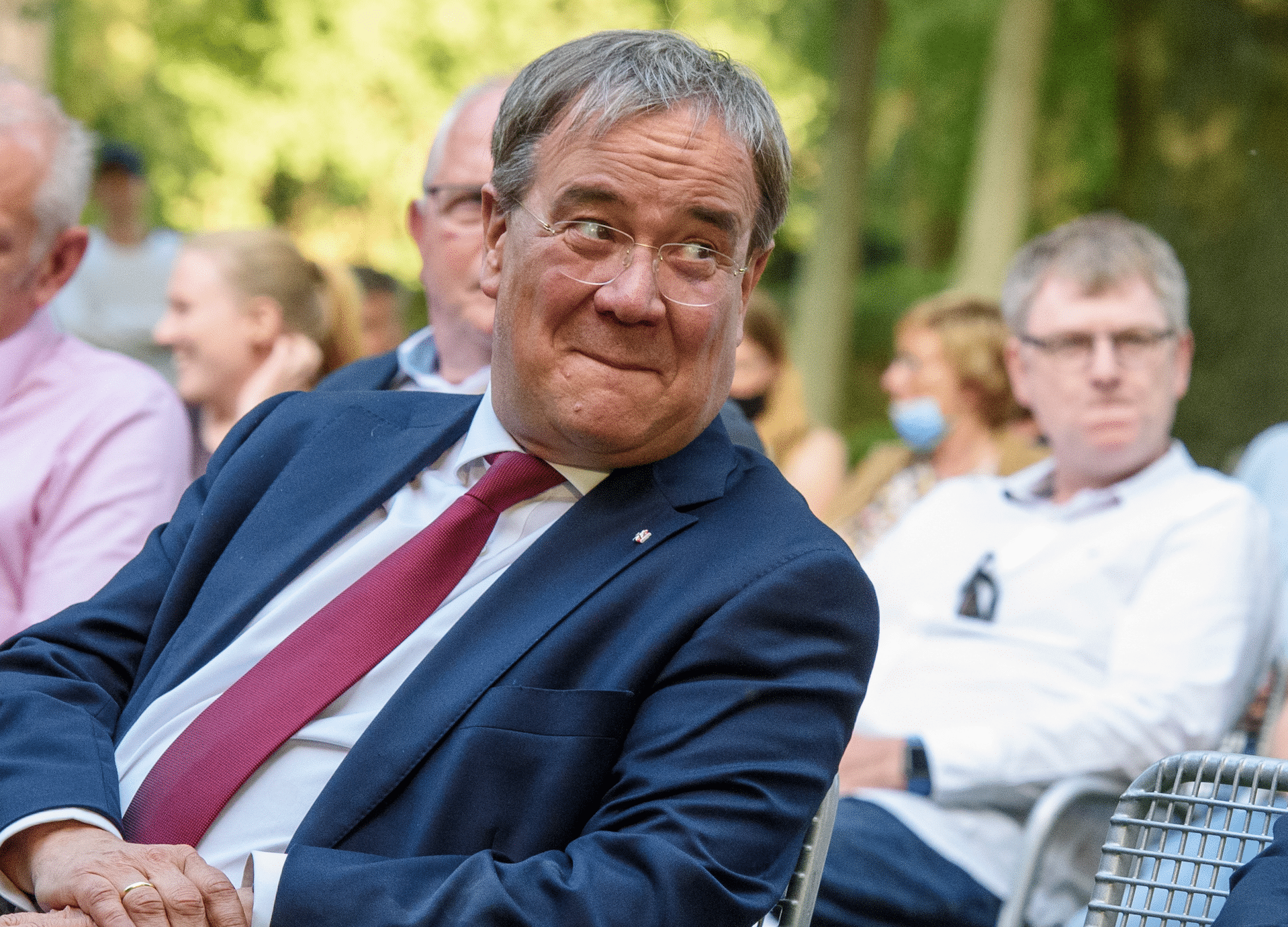The governor of North Rhine-Westphalia has just been anointed the new leader of the Christian Democratic Union (CDU), Angela Merkel’s party. Here’s why Rome looks upon him with favour
Gratulation! After a tense electoral run-off, Armin Laschet just became the new president of the Christian Democratic Union (CDU), aka Chancellor Angela Merkel’s ruling party. His new position puts him in striking distance of becoming Germany’s next chancellor, to be elected in September 2021.
The choice of a moderate, Catholic, and progressive 59-years-old, often seen sporting a large smile, signals continuity in the CDU. The two beaten candidates are known for being critical of Ms Merkel and some of her measures, whereas Mr Laschet is seen as the candidate most consistent with her policy approach.
“The most centrist wing of the CDU, that which is inspired by liberalism and Christian-social tenets, won with [Mr Laschet],” commented Nino Galetti, director of the Italian and Maltese Representation of the Konrad Adenauer Stiftung, the German think tank closest to the CDU.
“Do not expect major changes in German and European foreign policy: [Mr Laschet] has always been perfectly in line with Chancellor Merkel, he understands the importance of the French-German axis since his stint as MEP in the nineties.”
Mr Laschet is also the German Green Party’s favourite candidate, as he has been close to them since his early days as politician. Which makes sense, considering that (numbers at hand) the most likely outcome of the September elections in Germany is a CDU-Greens coalition.
His political positioning spells bad news for AfD, Germany’s most right-wing mainstream party, who would have certainly preferred a less leftist candidate. He is also a convinced Atlanticist, which will not sit well with those who hope to distance the EU from the US.
If he were to win the September election, the EU could expect a staunchly pro-Europe (and pro-European solidarity) candidate, ready to further European integration. And Italy – the biggest beneficiary of European anti-Covid measures – is among those set to benefit the most from such a leader.
Earlier in 2020, when the pandemic had ravaged Italy before the rest of Europe, Mr Laschet declared that “Germany could become strong again only if Italy is strong, too. Us Germans must understand that we are strong only if everyone else is. I am bringing Italy up because it’s one of our most important commercial partners.”
Mr Laschet is indirectly, yet firmly, tied to Italy. He hails from Aachen, a city riddled with Roman tradition. He visited Rome last autumn and had the chance to see Pope Francis, which, according to Mr Galetti, “has been very important for him, given his strong Christian roots […] he was at the Rome embassy during Germany’s Unity Day as guest of ambassador Viktor Elbling.”
The love is mutual. Several key Italian politicians welcomed his victory on Twitter, including Paolo Gentiloni (former PM and current European minister for the economy), Enzo Amendola (European affairs minister) and Pierferdinando Casini (former Speaker of the House and influential leftist leader).
Mr Gentiloni and Mr Amendola belong to the left-leaning Democratic Party, Mr Casini hails from the centre-right, and Mr Tajani leads the most popular centre-right Italian party – meaning that Mr Laschet’s election was highly palatable to large swathes of the Italian political establishment. Claudio Borghi, a leading Eurosceptic economist of the farther right League party, appeared far less elated.
But, as Mr Galetti warned us, it is much too early to take Mr Laschet’s chancellorship for granted. Yes, Länder governors are central figures in Germany’s political scene, and he is leading North Rhine-Westphalia, which is among the most populous.
However, his handling of pandemic restrictions, though not less efficient than his colleagues, has been perceived as wobbly – and he has slipped in the polls. His future performance, according to the KAS expert, will certainly impact his electoral performance.








